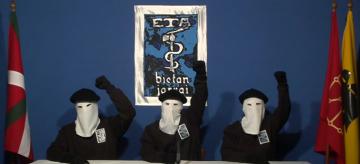Search 776 results
Filter by
Events
Series
HIST-H101: World History in the 20th Century
Grade Level
College
Syllabus for use in introductory courses to history and international studies, using the World101 modules. The materials here are intended for use in 100-level university courses.
INTL-I 100: Introduction to International Studies
Grade Level
College
Introduction to International Studies with readings, links, and assignment information for use in an undergraduate international relations or foreign policy course.
POLS 2274: U.S. Foreign Policy
Grade Level
College
In this course, students learn about foreign policy, and through a capstone simulation experience engage in the U.S. foreign policy process.
POL 350: American Political Theory
Grade Level
College
In this course we will examine the history and development of American political thought, with attention to the thinkers and themes influential to institutions, ideologies, and controversies.
GSS 1236 - Go Global!
Grade Level
College
In this course, students will develop critical thinking skills to understand key global challenges, drawing from various disciplines... to analyze the impacts of key global challenges.
HIS 349: Foreign Policy of the United States
Grade Level
College
Foreign Policy of the United States from the American Revolution to the present.
Toolkit: Global Civic Learning
Grade Level
College
This toolkit is organized around each of the authors’ respective roles and responsibilities in the Department of Service Learning and Civic Engagement (Co-Curricular Activities), Global Programs and
GC1Y: Global Challenges
Grade Level
College
In this class we will examine some of our most pressing contemporary global challenges within their historical and regional contexts

Terrorism: Extension
Explore this collection of learning resources to understand the evolving challenges associated with terrorism including radicalization and domestic extremism.

What Did COVID Reveal About Our World?
Learn how COVID revealed the strengths and failures of vaccine development, foreign policy, and the U.S. healthcare system.